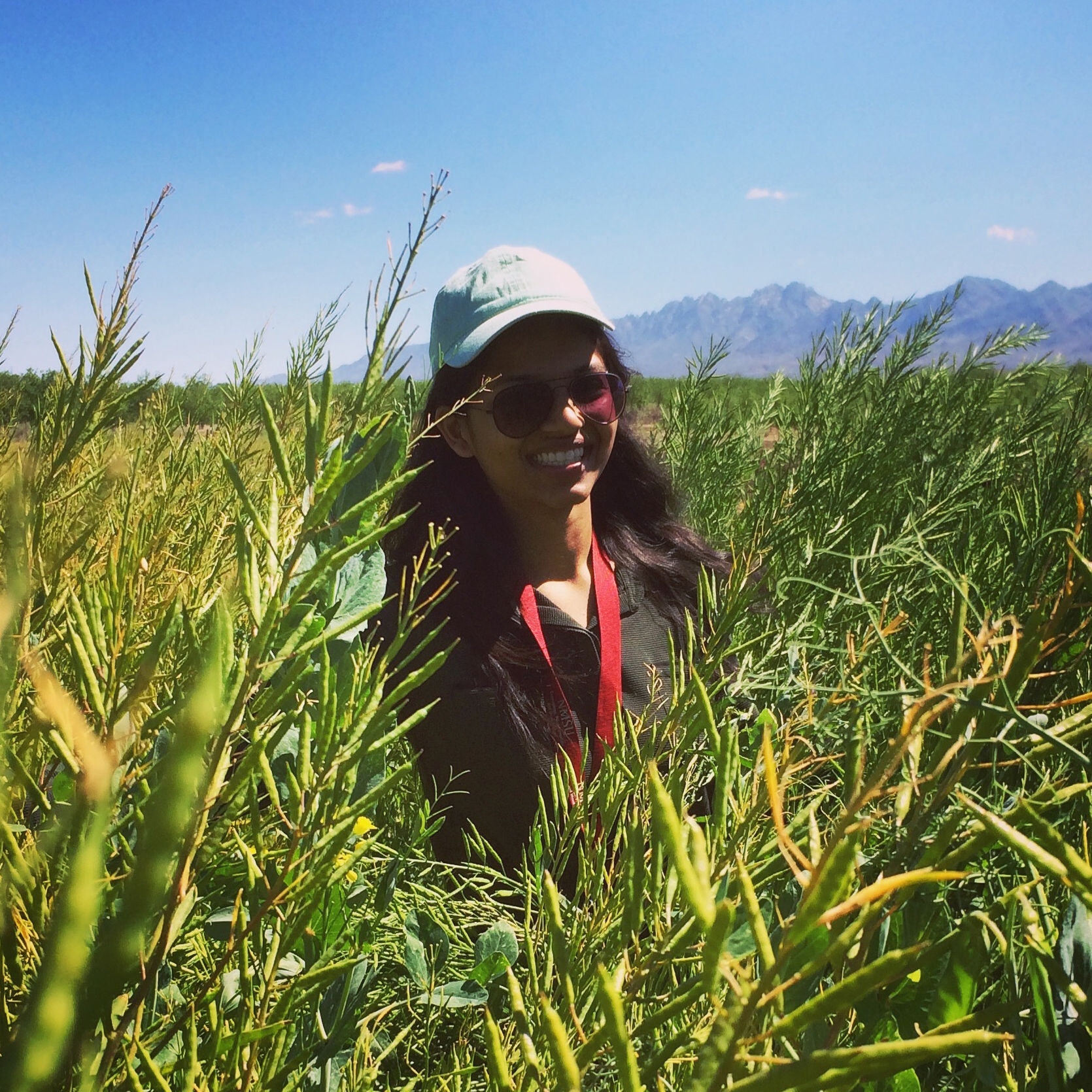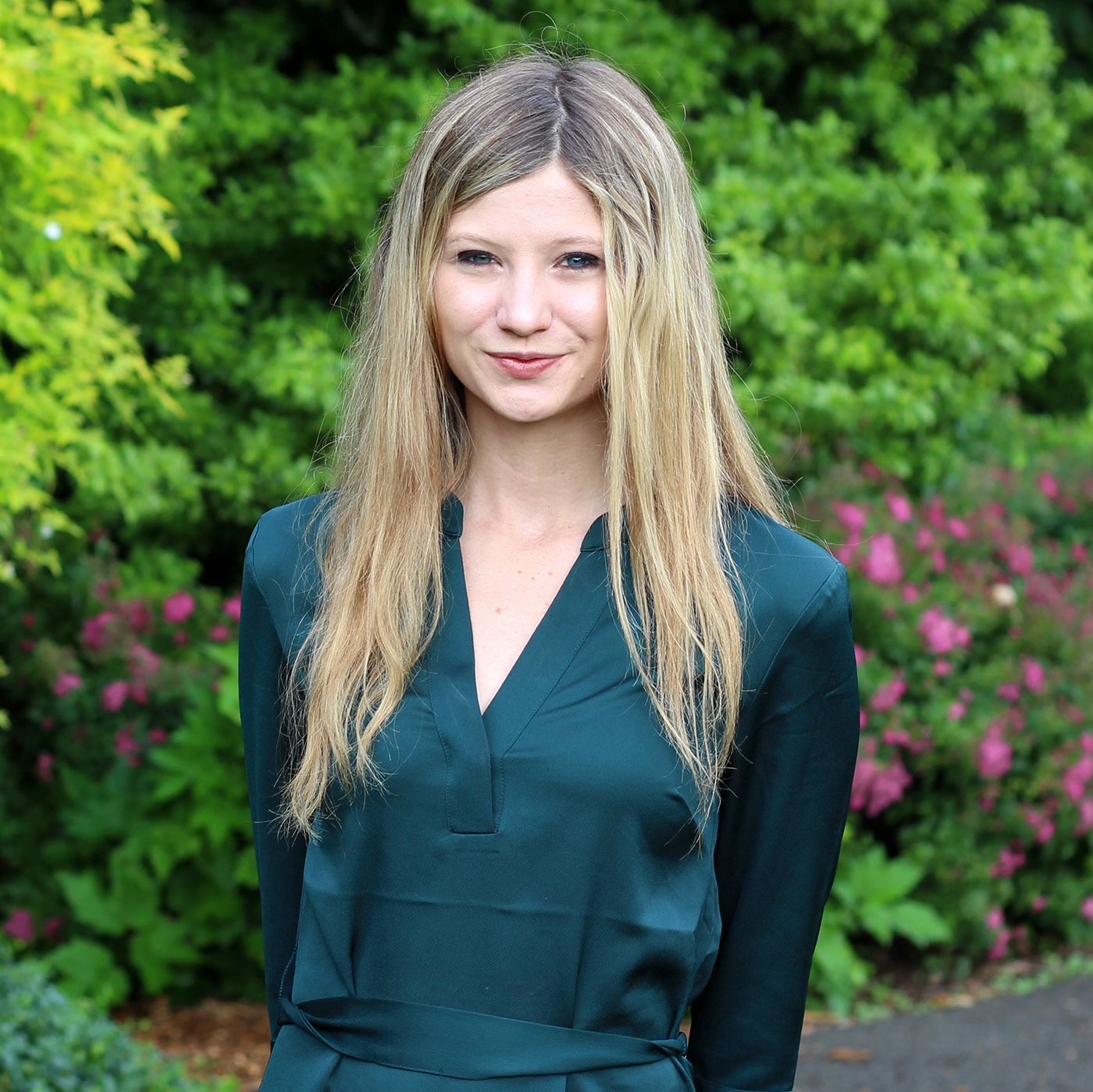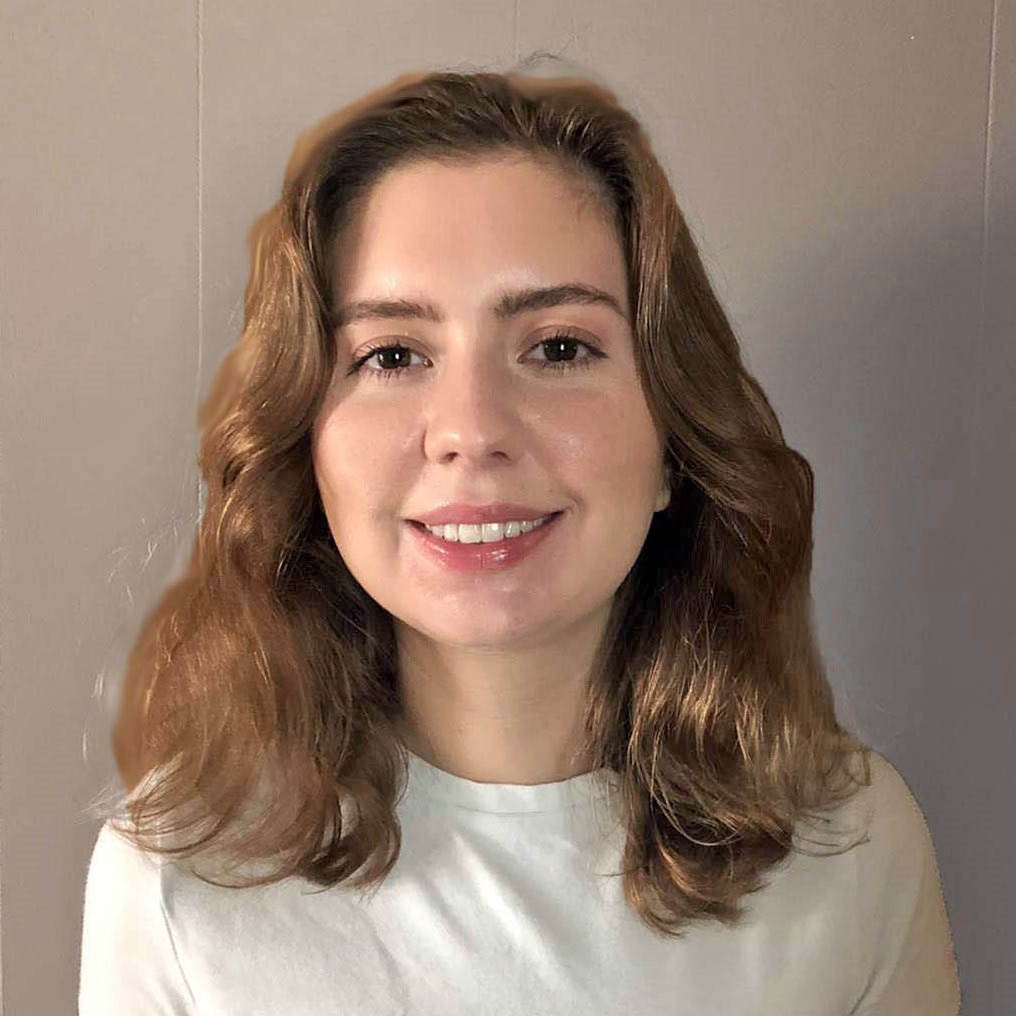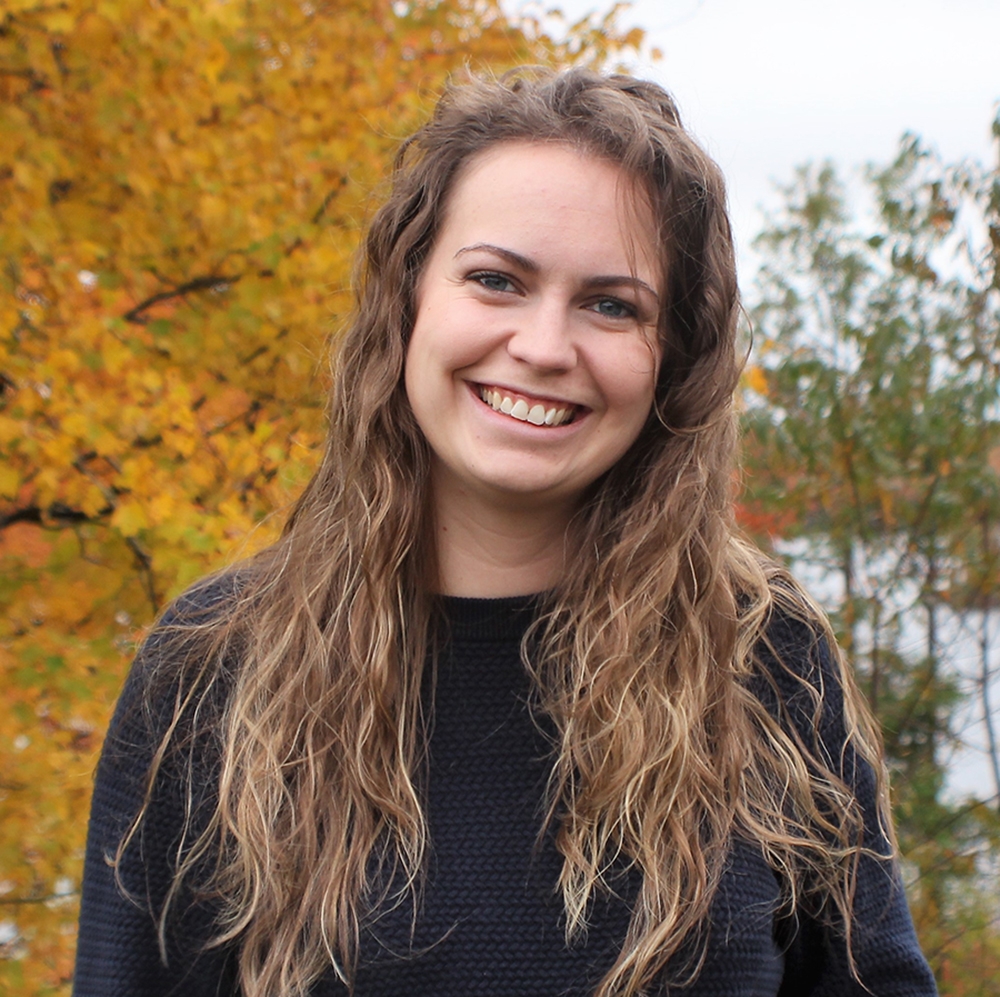Congratulations to 2023-24 Global Change Fellowship Awardees!
May 31, 2023
The Interfaces of Global Change IGEP awards four Ph.D. fellowships every academic year, each covering tuition and stipend. These graduate research assistantships are awarded based on the student’s professional credentials, pertinence of the student’s research to global change, the interdisciplinary nature of the work, the student’s level of engagement in the IGC IGEP, and the student’s plan for using the one-year fellowship.
Please join us in congratulating Prashasti Agarwal, Amanda Darling, Bailey Howell, and Macy Kailing – recipients of this year’s IGC Fellowships! Read about each Fellow below.
Managing Soil Microbiome via Cover Crop Diversification for Enhanced Agroecosystem Services
Prashasti Agarwal
School of Plant and Environmental Sciences
Faculty Mentors: Dr. Jacob Barney and Dr. Brian Badgley

Prashasti's research aims to unravel the relationships between different aspects of plant diversity (species richness and functional trait diversity) and soil microbiome diversity, the mechanisms driving these relationships, and whether these interactions can be integrated into crop diversification at the ecosystem level. And if so, do these intentionally designed plant mixtures bring about quantifiable improvements in agroecosystem benefits. This new knowledge emerging from her research will provide us with tangible ways to employ the desired soil microbiome to enhance ecosystem functioning and agricultural sustainability, especially in the face of climate change.
Advancing Environmental Surveillance in Rural Appalachia to Inform Public Health Data Gaps

Amanda's research has largely been focused on investigations into the intersection of environmental engineering and public health and serving local and global communities through research on safe water and sanitation. Building on the interdisciplinary nature of environmental engineering in relation to public health and global change, her ongoing and proposed research combines knowledge of sewer infrastructure dynamics and epidemiological principles to fill health data gaps in parts of rural Appalachia, where baseline data on infectious disease prevalence and exposure risks are limited. In future work, she hopes to further investigate approaches to mitigate environmental exposures to contaminants in drinking water.
The Legacy of Macroevolutionary History: Predicting Modern Adaptive Responses to Urbanization

Bailey's research strives to predict modern adaptive responses to urbanization by studying the legacy of macroevolutionary history. For the final chapter of her dissertation, she will be exploring different ways to account for evolutionary history in traits using machine learning methods. These methods will rely on publicly available trait and climate databases, as well as citizen science initiatives and land use maps to classify urban tolerance. She will use machine learning algorithms to make predictions across all lizards trained on the phylogenetic history of these organisms. These predictions could be used to determine if species will be vulnerable to urban development or other aspects of global change influencing urban evolution in the future. Similar methods could predict the invasive ability of a species which would be useful to inform policy.
The Importance of Host Demography and Life History in Determining Transmission and Impacts of a Novel Fungal Pathogen of Bats





